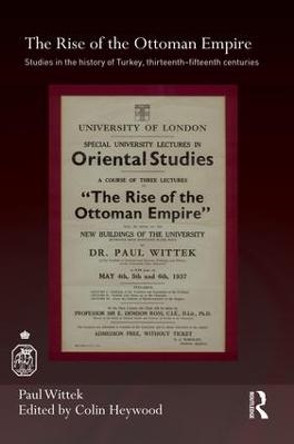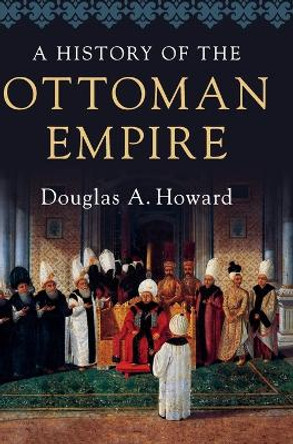Description
The history of communications in the Ottoman Empire and Turkey contradicts the widespread belief that communications is a byproduct of modern capitalism and other Western forces. Burce Celik uses a decolonial perspective to analyze the historical commodification and militarization of communications and how it affected production and practice for oppressed populations like women, the working class, and ethnic and religious minorities. Moving from the mid-nineteenth century through today, Celik places networks within the changing geopolitical landscape and the evolution of modern capitalism in relationship to struggles involving a range of social and political actors. Throughout, she challenges Anglo- and Eurocentric assumptions that see the non-West as an ahistorical imitation of, or aberration from, the development of Western communications.
Ambitious and comprehensive, Communications in Turkey and the Ottoman Empire merges political economy with social history to challenge Western-centered assumptions about the origins and development of modern communications.
About the Author
Burce Celik is a professor of social movements and media, media cultures in the global South, and politics of communication at Loughborough University London. She is the author of Technology and National Identity in Turkey: Mobile Communications and the Evolution of a Post-Ottoman Nation.
Reviews
"Burce Celik's book is a superbly documented contribution to the geopolitics of information. For all those interested in a non-Western perspective on global communication, it is an absolute must read."--Cees Hamelink, University of Amsterdam
Book Information
ISBN 9780252045257
Author Burce Celik
Format Hardback
Page Count 272
Imprint University of Illinois Press
Publisher University of Illinois Press
Weight(grams) 513g
Dimensions(mm) 229mm * 152mm * 25mm








